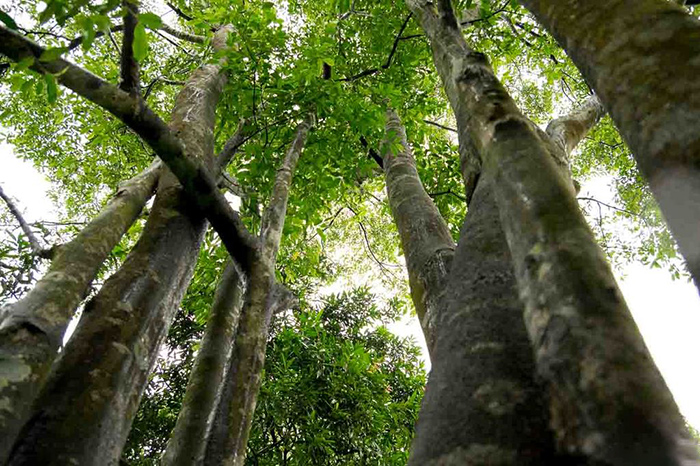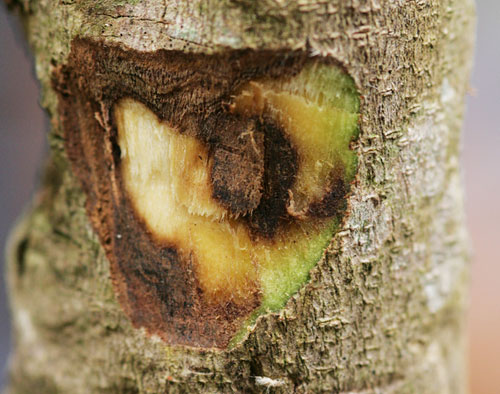

Agarwood has long been appreciated for its multipurpose uses, range from incense for religious and traditional ceremonies, perfume, medicine and ornamental functions in many countries. The occurrence of this-so-called the wood of the gods has been strongly surrounded by myths and history. Agarwood use is mentioned in the Old Testament as ‘aloe’ or ‘ahaloth’ in Isalm 45:8. Agarwood is the only tree in the Eastern myth that has been descended to Man from Eden garden (Duke, 2008). In Egypt and Japan, Agarwood was used to embalm dead bodies. In India and Cambodia, it is used for traditional and religious ceremony.
The resin compound of agarwood is highly commercial. Resin impregnated in the heartwood a number of agarwood-producing species is due to fungal infection. Two mostly known genera are Aquilaria and Gyrinops that are native to Southeast Asia with India,Indonesia, Malaysia, Vietnam, Cambodia, Thailand, Laos and Papua New Guinea being the main producing countries, and Singapore being the central trade country (Persoon, 2007).
Agarwood is used to make Great and Beautiful Agarwood Carvings/Sculptures.
Agarwood Beads made from grown-up trees is another area of its usability. In some Religions, they believe that wearing The Agarwood Beads can keep you safe from The Evils Spirits and Bringing Good Luck. The Agarwood is also named “The Wood Of Gods”.
The Agarwood Oil is The most expensive essential oil of it’s kind. It has been known and used as natural, non- alcoholic perfume known as Oud or Dehnul-Oud. Each different area of Agarwood produces a different fragrance of aromatic smell. The Agarwood Oil is distilled from the cheaper quality of Agarwood and the yield is very low between 0.0002 % up to 0.010% depends on the raw materials and the Agarwood itself. That is why the price of The Agarwood Oil is expensive.
Agarwood Incense available in cones, coils or sticks made from Agarwood are using for Aromatherapy & Religious Usages.